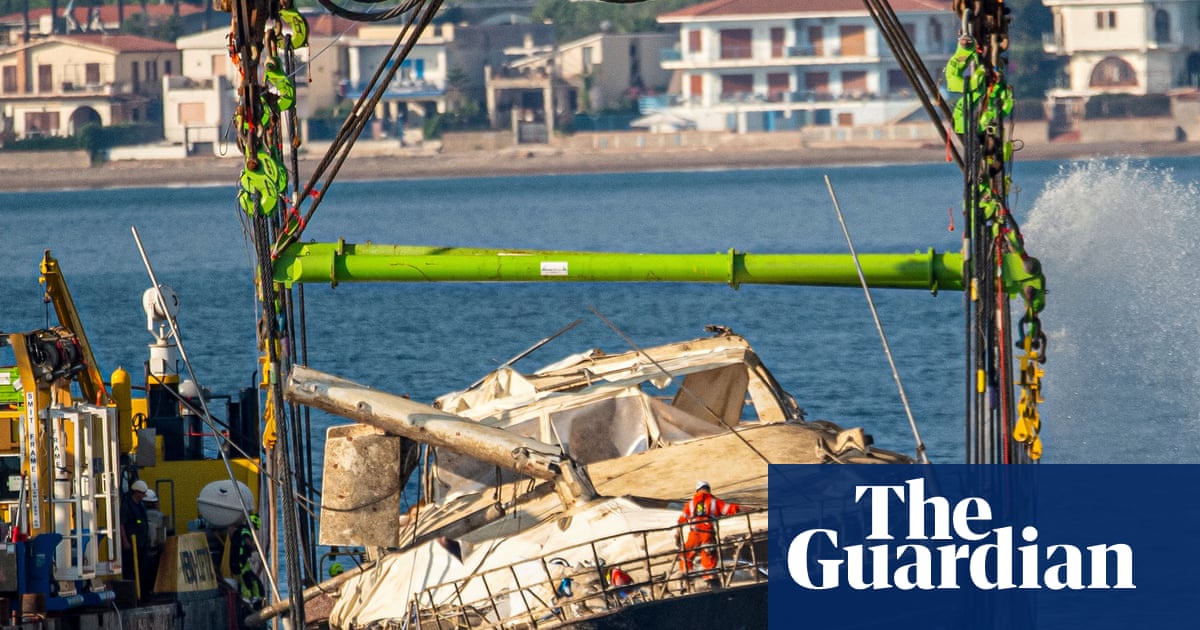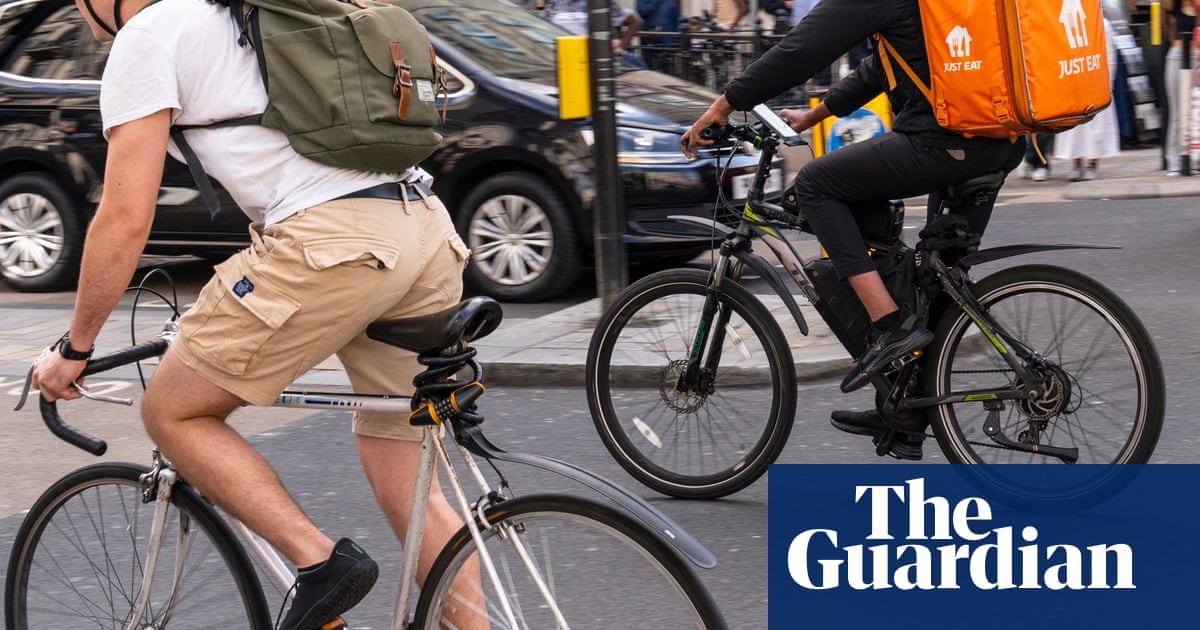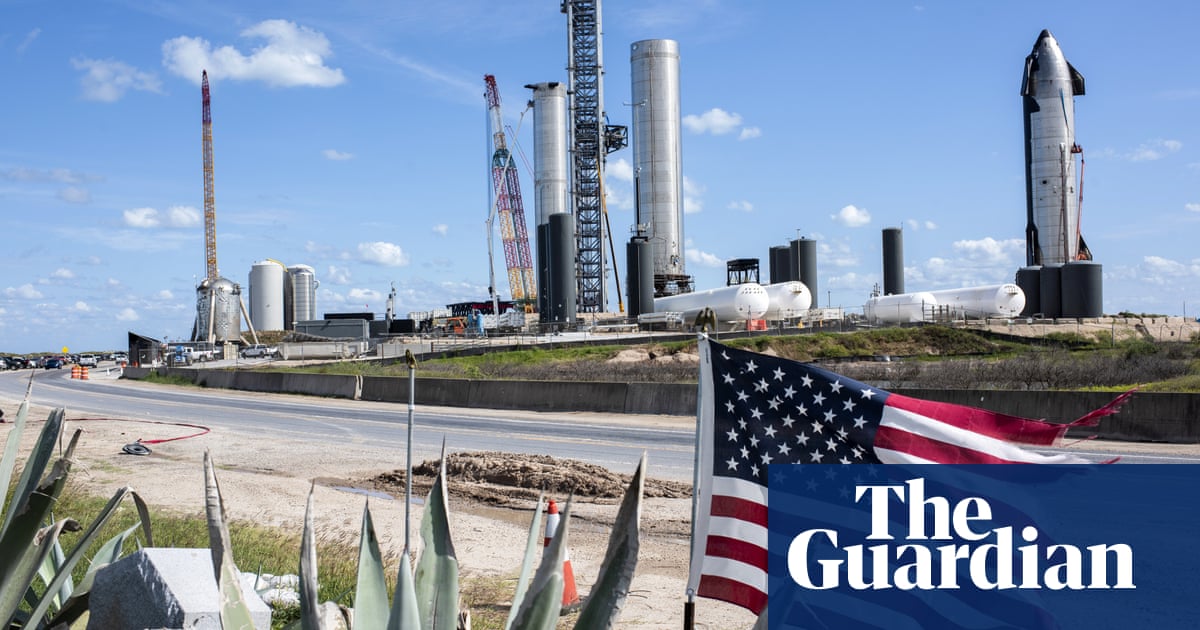Amazon said it has made a “fundamental leap forward in robotics” after developing a robot with a sense of touch that will be capable of grabbing about three-quarters of the items in its vast warehouses.
Vulcan – which launches at the US firm’s “Delivering the Future” event in Dortmund, Germany, on Wednesday and is to be deployed around the world in the next few years – is designed to help humans sort items for storage and then prepare them for delivery as the latest in a suite of robots which have an ever-growing role in the online retailer’s extensive operation.
Aaron Parness, Amazon’s director of robotics, described Vulcan as a “fundamental leap forward in robotics. It’s not just seeing the world, it’s feeling it, enabling capabilities that were impossible for Amazon robots until now.”
The robots will be able to identify objects by touch using AI to work out what they can and can’t handle and figuring out how best to pick them up. They will work alongside humans who now stash and retrieve items from shelving units which are manoeuvred to them at picking stations by wheeled robots – of which Amazon now has more than 750,000 in operation.
Vulcan will be able to stow items on the upper and lower levels of the shelving units – known as pods – so that humans no longer need to use ladders or bend so often during their work. Robots now operating in Amazon’s warehouse are able to shift items around or pick items using suction cups and computer vision.
The development is likely to raise fears of job losses as retailers reduce human involvement in distribution centres, which employ thousands of people.
Many retailers have said that they are increasing investment in automation as labour costs rise around the world. Amazon has faced industrial action in the UK and elsewhere over low pay in its warehouses.
Economists at Goldman Sachs speculated in 2023 that 300m jobs worldwide could be automated out of existence by 2030 as a result of the development of generative AI, with many more roles radically transformed.
In the UK, between 60,000 and 275,000 jobs could be displaced every year over a couple of decades at the peak of the disruption, estimates from the Tony Blair Institute suggested last year.
However, Tye Brady, the chief technologist of robotics at Amazon, said robots could not completely replace humans in the group’s warehouses and were there to “amplify the human potential” and to improve safety in the workplace. The self-confessed “Star Wars geek” said the robots he helps design could be likened to R2D2 as “an amazing collaborative robot”.
“People will always be part of the equation,” he said, while machines will take on “the menial, the mundane and the repetitive” tasks.
“There’s no such thing as completely automated. It just doesn’t exist, because you always need people to understand the value of the operation, just using common sense, like, is that really doing the job?”
He said having people involved could help protect against potential hacks of the system – as retailers increase efforts to protect themselves after the shutdown of Marks & Spencer’s online orders following a cyber-attack.
after newsletter promotion
“All hacking could possibly be detected by a machine, but they’re usually detected by people, so having people be part of the equation is a good thing,” Brady said.
He added that humans are also best for spotting more prosaic problems, such as broken or spilt items in a delivery that could cause problems for the system.
Brady says that AI is helping to develop robots that can navigate complex spaces autonomously and learn to move safely alongside people and other objects. He said the latest generation of robots were able to “ask for help” so that they could learn new ways of doing things.
“It’s really exciting to bring both the mind and the body together,” he said. “It’s finally here, and it’s just beginning.”
For example, Amazon plans to install technology, which uses machine-learning and automation to create bespoke packaging that will cut waste. More than 70 of the machines will be installed in Germany, UK, France, Italy and Spain by the end of this year, with dozens more to follow by 2027.
The announcement comes as Amazon this week launched its low-cost Amazon Haul site in the UK, which promises thousands of products for £20 or less, as the group takes on cut-price operators Shein and Temu.

 1 month ago
32
1 month ago
32

















































